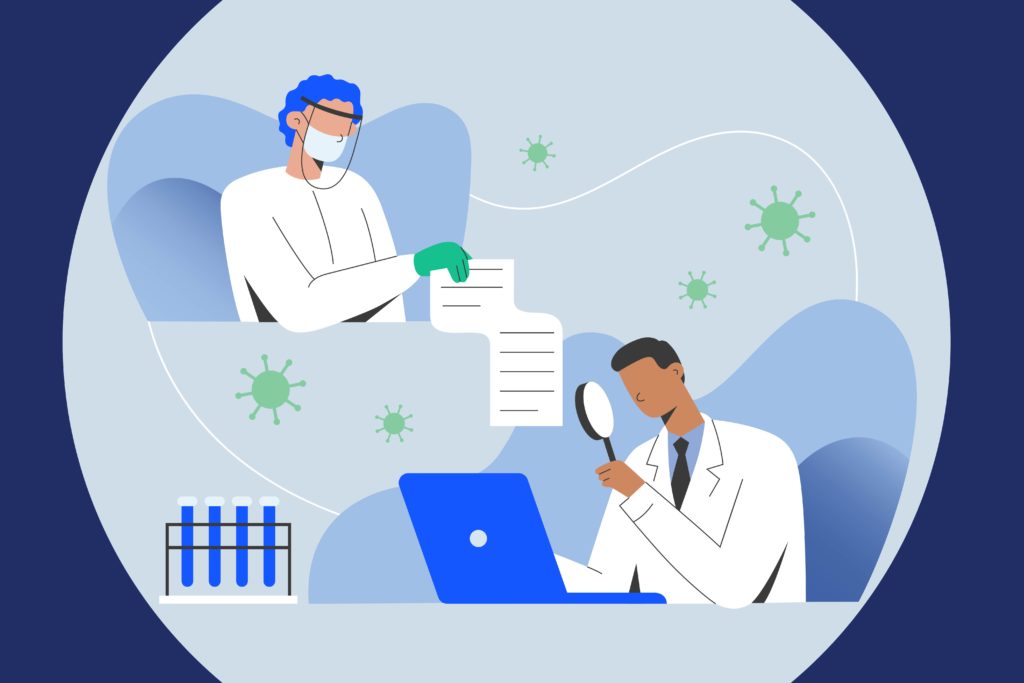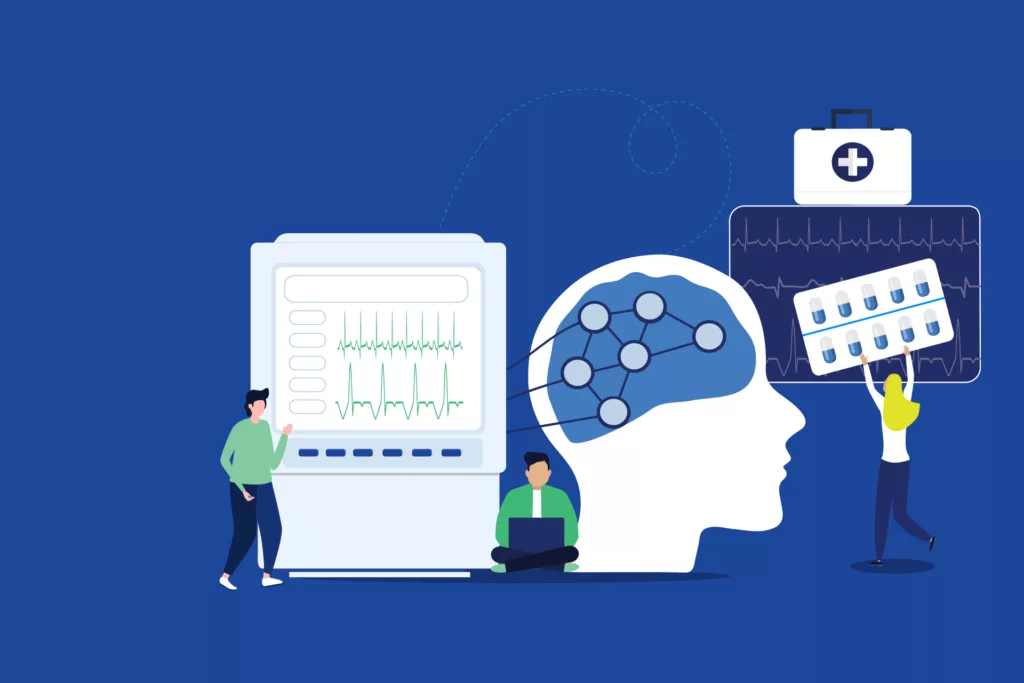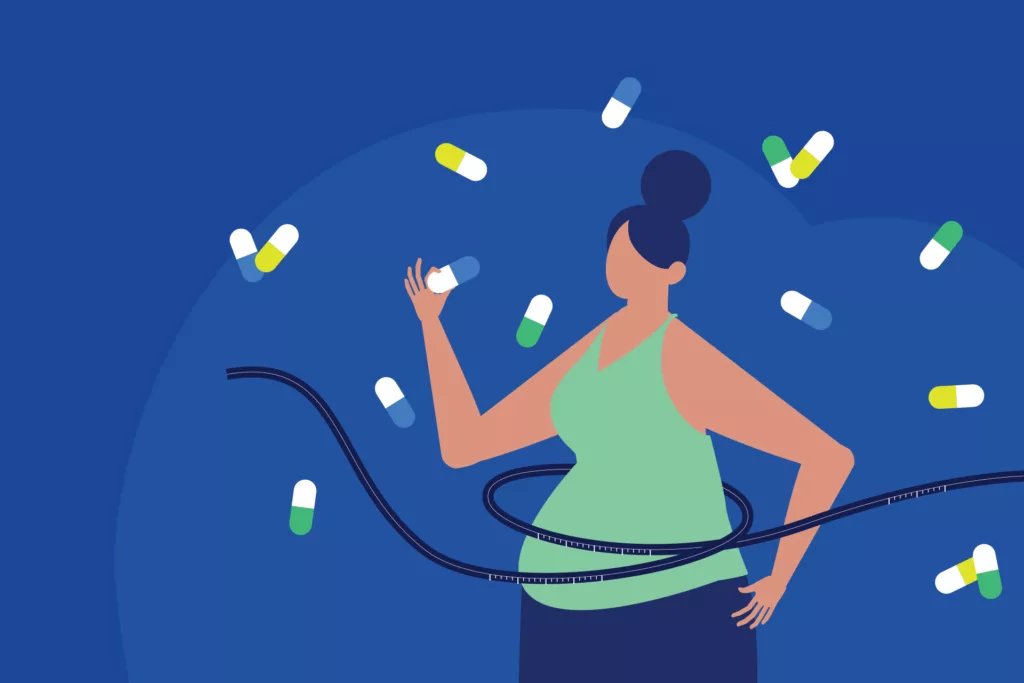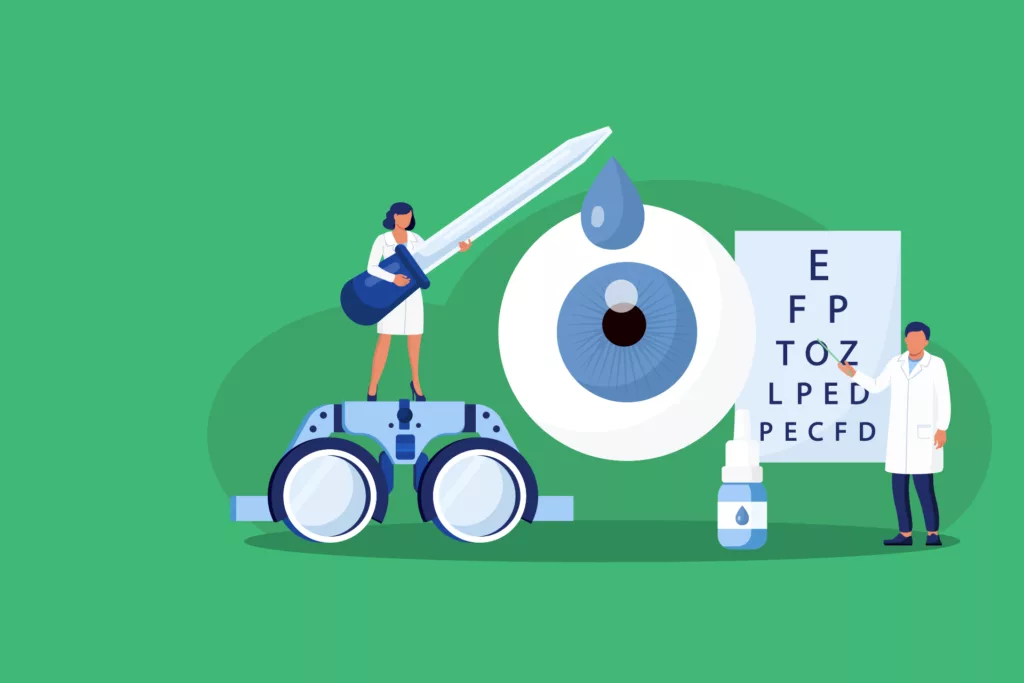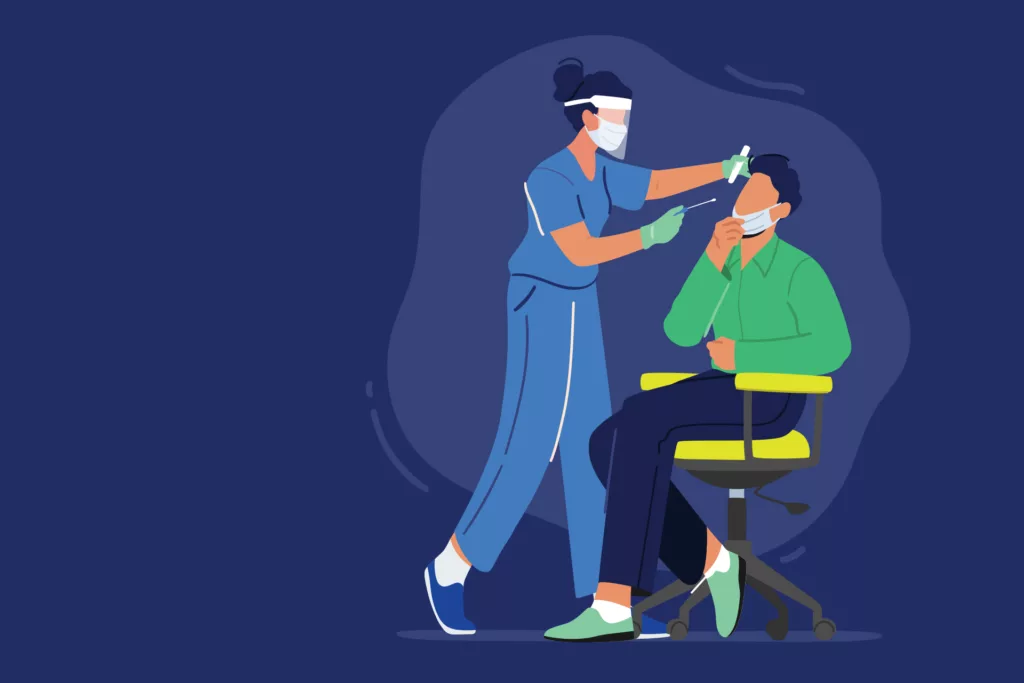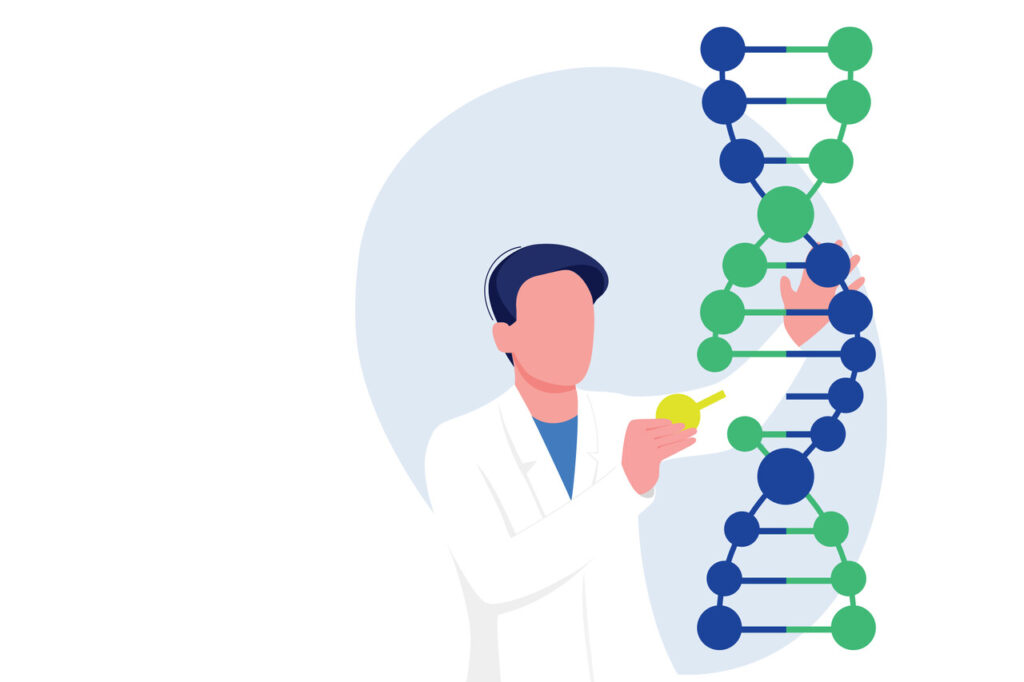What the Covid vaccine taught us, and how we can be better.
See this article as it originally
appeared in Inc.
With Covid-19 vaccine progress ahead of targets, it’s clear that the pharmaceutical industry has come through in a big way when the country needed it most. The vaccines were developed, approved, and distributed on a larger scale and faster than any other vaccine or medicine in history. Perhaps this experience could open our minds to a more efficient future for the U.S. health care system.
Review process for drugs can be both swift and safe.
Under normal conditions, it takes new drugs an average of 12 years to navigate the approval process and get to market. Everyone agrees the process should be thorough to ensure drugs are safe and effective. The fast-track and breakthrough approval pathways improve the approval timeline. But couldn’t the overall system be faster?
The Covid-19 vaccines showed how fast this process can move. Emergency Use Authorization (EUA) and a guaranteed buyer in the U.S. government sped up the process, but studies and trials were conducted to the same high standard of every other drug.
Now that we’ve seen the review system’s top speed, surely we can quicken the average. Doing so would dramatically decrease pharmaceutical costs and get life-saving and life-changing new medications to people who desperately need them.
Health care consumers should not have to guess about cost.
Obviously, the vaccine is a special case in that it is free to consumers. I’m not suggesting that drugs should be free, but I think the value of stable and predictable pricing can’t be overstated.
As Americans line up to get the Covid-19 vaccine, they are having the unique experience of receiving an injection without any risk of a surprising and staggering bill.
It took a pandemic to shift this. Unfortunately, for any non-Covid drugs, it is still common for patients to be slapped with a massive bill completely out of the blue. These “gotcha bills,” which can stem from technicalities like “site of service” issues in which care is billed differently at a hospital versus a doctor’s office, actually have been a problem for Covid-19 testing and occur every day in our health care system.
Can you imagine how much it would have hampered the rollout if the price of the vaccine varied wildly based on coverage, provider, and other factors that make no difference to the patient? Under normal conditions, the price could have ranged between $10 and $10,000. It sounds crazy, but that is how the system works today. Generally, neither the buyer nor the seller benefits from an opaque marketplace. Transparency that eliminates profiteering in the drug supply chain would be a tremendous boon to both the health care industry and consumers.
With potential booster shots needed for the Covid-19 vaccine in the future that may or may not be free to consumers, we could see how a Covid-19 vaccine with a fee plays out. Hopefully it remains shielded from the price gouging we see elsewhere in the health care industry, and hopefully this experience can help us eliminate this problem for good.
U.S. clinical innovation is unmatched, but the business needs work.
Our health care system is unique in the world because it is designed to drive clinical innovation. The ability of drug makers to create a vaccine for a novel virus so quickly, and using new mRNA technology to do it, is a testament to our status as the world leader in developing remarkable new treatments.
What if we applied this same level of innovation to the health care industry itself? Consolidation among the largest health care organizations is causing prices to increase. As the giants grow larger, they are increasingly vulnerable to disruption from smaller, more nimble players.
While it doesn’t make daily headlines, the crisis of rising health care costs may be just as destructive and deadly as the Covid-19 pandemic, as patients become homeless as a result of being treated for cancer or they decline drugs or care they need because they can’t afford or predict the cost. If Silicon Valley can turn industry after industry upside down, I have no doubt that creative health care professionals can bring forward businesses that will drive market forces toward transparency and a more efficient health care supply chain.
